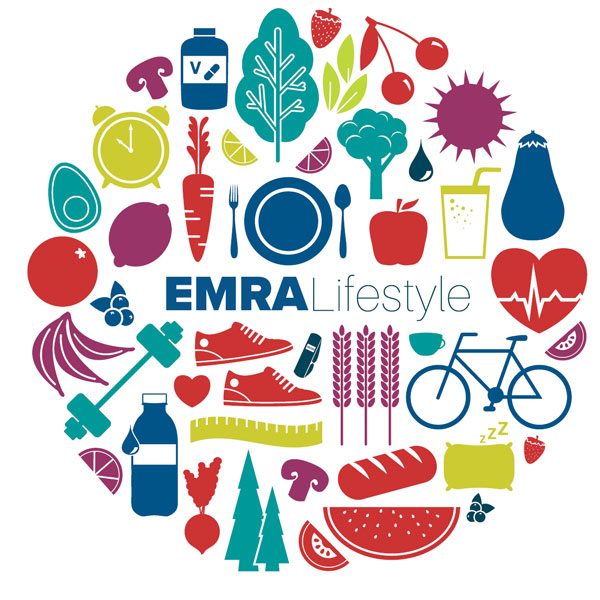Random Acts of Wellness
- Take someone a bottle of water.
- Use that "free pass" from the gym and invite someone.
- Your buddy has burnout, find a yoga class and go.
- You're driving the gang to dinner, park far and make them walk.
- Does your shift need a shot of happy? Smile when you pass people.
- Grab your buddy and take your break outside when it's nice and sunny.
- That great book you've been reading ... that gives your mind a breather ... share a copy with a coworker.
- You came across a great Groupon deal ... don't keep it to yourself. Pin it on the board in the resident lounge.
- Surprise someone with a gift card for coffee ... and take him. Coffee and talking is good therapy.
- Found the perfect app for relaxing at a moment’s notice ... tell people about it.
- A friend struggling with a case? Share an EMRA resource.
- Co-resident in a bind? Pick up his/her shift.
- Give co-resident a few extra minutes of “me” time … come in for shift early to relieve your buddy.
- Two difficult patients come in - help out and take one if you can.
- Going to the cafe? Grab a friend a snack. Just because. Kindness is uplifting to the soul.
- Have a game night! Laughter is great medicine for the spirit.
- Take an extra minute to connect with that "pretty interesting" or "cool" patient you took care of. Just one meaningful connection with a new person can brighten an entire shift.
- Take a few minutes to get to know one of the attendings, nurses or ancillary staff better. It can help with team morale and cohesiveness and also helps make a shift feel less mundane or routine and more engaging
- Cover your co-resident on shift so he/she can go eat (and actually enjoy) a meal.
- Pick up some snacks en route to your shift to share with your coworkers. A little box of munchkins goes a long way.
- Have a few minutes of downtime? Chat with a nurse, tech, your co-residents, or attending about something other than medicine.
A Few Wellness Links You May Find Helpful
Be Well and Enhance Your Calm
Related Content

May 26, 2023
PD Interview Saks at Crozer Chester
In the latest installment of our PD Q&A series, we are highlighting the Crozer Chester Medical Center Emergency Medicine Residency program. We spoke with the current PD Dr. Mark Saks, MD, about what makes his program unique and what he looks for in potential residents.

Apr 16, 2023
Taking to the Sky: Launching an EM Resident Flight Physician Program
Resident involvement in air medical transport leads to significant mutual benefit for residents, residency programs, and flight programs. Residents gain unique clinical experiences and broaden their understanding of AMT and diversity of care settings. Residency programs benefit from the experiences of their residents. Flight programs gain enthusiastic and knowledgeable groups of new physicians who can augment the organization’s educational and clinical capabilities. Starting a resident flight program requires careful planning and significant coordination of stakeholders, but the result is an outstanding clinical experience for clinicians and patients alike.

Jan 17, 2024
Optimism vs. Realism — Let’s Call it a Tie
As the voice of emergency medicine physicians-in-training and the future of our specialty, EMRA continues to believe that the future of EM is bright while remaining committed to facing reality and addressing our headwinds. I invite you all to join us in this Stockdale Paradox-esque approach.





